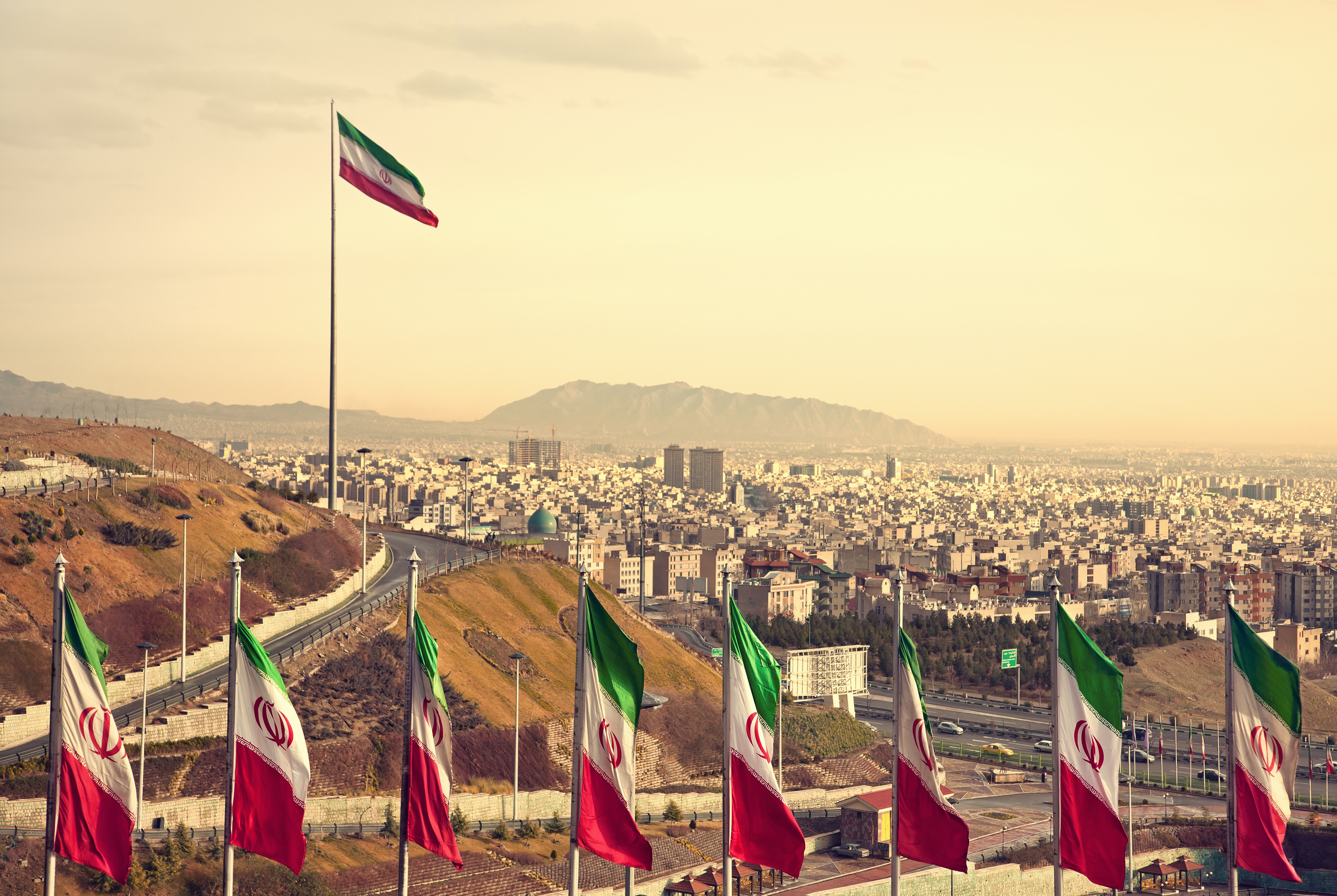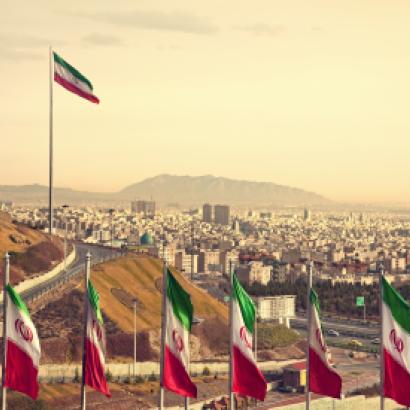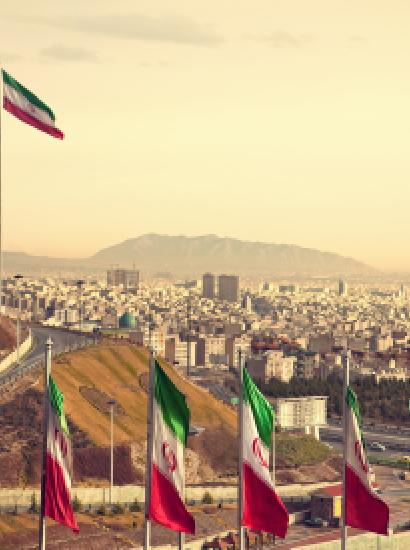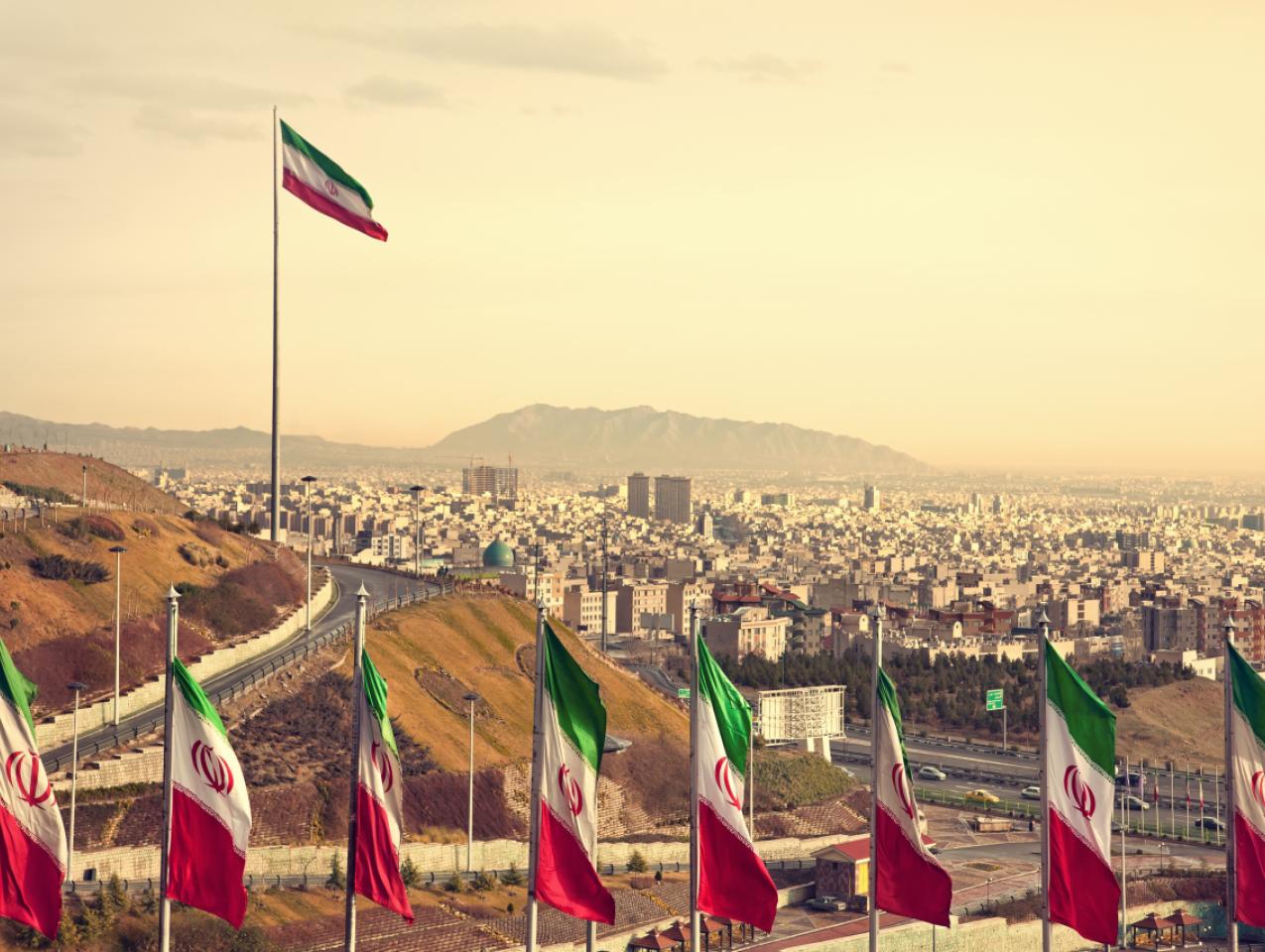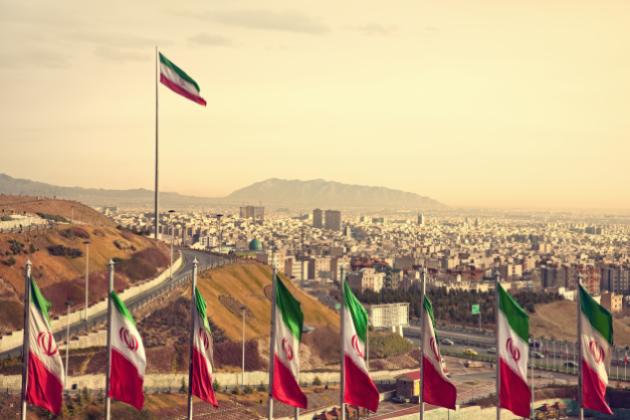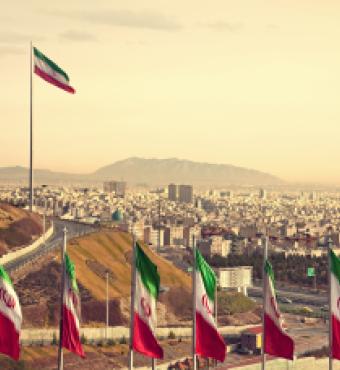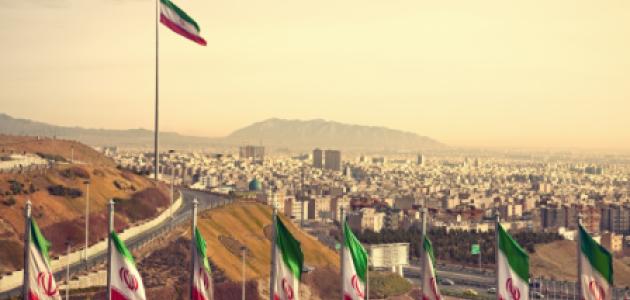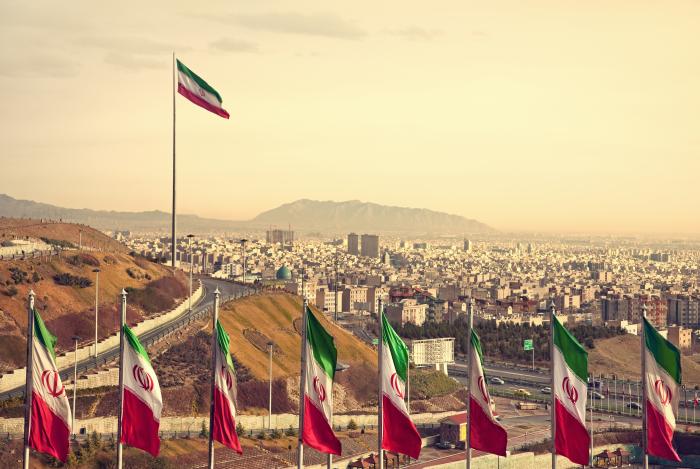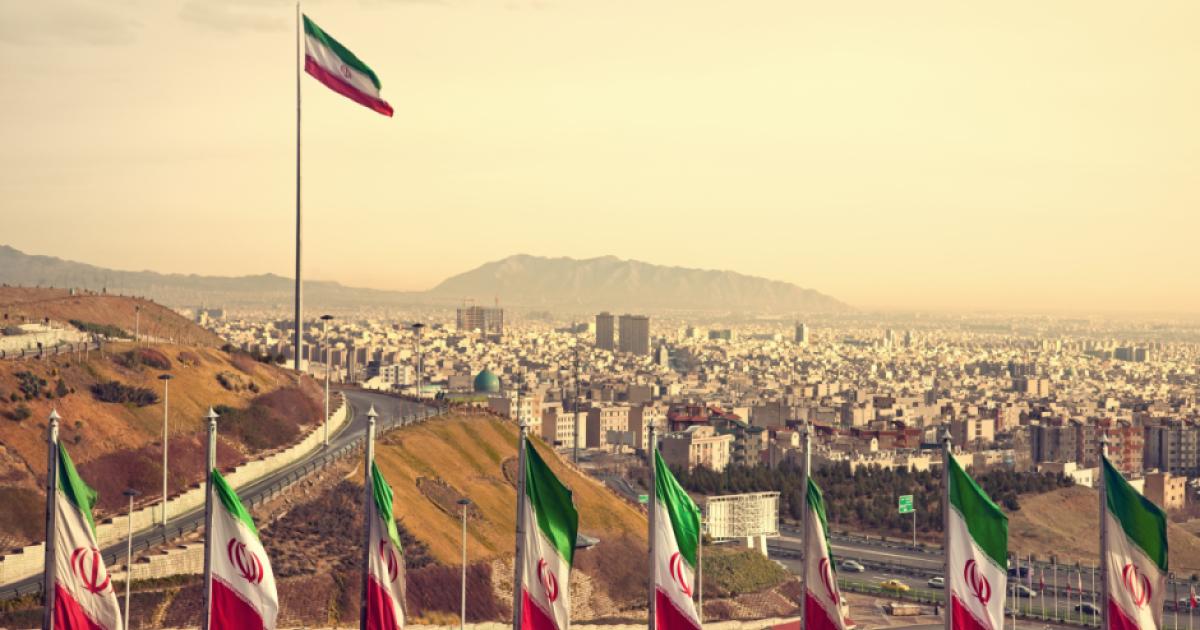- Politics, Institutions, and Public Opinion
Time has almost run out for the United States to deny the Islamic Republic hegemony in the northern Middle East. The clerical regime has the high ground and the Americans are, at best, slowing Iranian advances. The approximately two thousand troops Washington has reportedly deployed to Syria, mostly in the north and the southeast, have prevented the Tehran–Moscow–Damascus axis from dominating all of the strategic locations in the country. But if President Trump really did tell Turkish President Recep Tayyip Erdogan that he will cut military aid to the Syrian Kurds, the most reliable of America’s disparate anti-Islamic State “partners on the ground,” and he meant it, it’s a decent guess America’s military presence will diminish. The Syrian Kurds, not an especially powerful or reliable ally against Iran and its allies, are the only competent local military force that Washington can conceivably use to put pressure on the victorious axis.
In the Persian Gulf, anti-Iranian forces are in better shape. But the status quo is in play, owing to the war in Yemen and Saudi Arabia’s energetic crown prince. Tehran has to lie in wait, avoiding the might of the US Navy while hoping the Sunni side does something sufficiently stupid to allow the mullahs to exploit convulsively local Arab Shiite grievances. The Achilles’ heel of Gulf stability is composed of the badly oppressed Shia of Saudi Arabia’s oil-rich Eastern Province, which is majority Shiite, and Bahrain, which, despite an energetic effort by the ruling Khalifa family to import Arab and non-Arab Sunnis, remains heavily Shiite. If the Shiites went into a sustained armed rebellion, the economic consequences for the region would be massive. Saudi Arabia’s brutal (but, so far, ineffective) war against the Zaydi Shiites in Yemen—the Houthis—may well prove to be the Islamic Republic’s breakthrough among the Shia of the peninsula. If Tehran can successfully enlist the Houthis for a larger cause (getting even with the Saudis within Saudi Arabia), then it will have a permanent base of operations near enough to cause real trouble.
What Washington needs to do to roll back Iranian gains runs smack into what the Trump administration is prepared to do, which so far hasn’t been much. The president’s rhetoric against Iranian militancy has been tougher than Ronald Reagan’s or George W. Bush’s hardest orations. But Trump’s accomplishments on the ground have been few. The administration really has two options: to punish Iran economically or to roll back the mullahs militarily through the use of US forces. Strengthening the Gulf Arab states militarily, though highlighted by the White House, won’t change the fate of Syria, Iraq, Lebanon, or Yemen, and it won’t protect Saudi Arabia and Bahrain from internal sectarian trouble.
To punish Iran economically, the White House could withdraw from the Joint Comprehensive Plan of Action (JCPOA) and reinstate all of the sanctions waived by the nuclear deal. Or it could keep the accord, as it is doing, but launch a tsunami of executive-branch sanctions against the Islamic Revolutionary Guard Corps, effectively shutting off most of the trade and finance allowed by the JCPOA. Such actions would end the illogic of trying to push back against the Islamic Republic while fueling its economy. So far, the administration is doing neither.
I was recently in Brussels and Paris. What was most striking was the relative equanimity that European officials had about Trump’s intentions toward Tehran. The general view was perhaps best put by a French official who bluntly summarized his analysis of America's Iran policy since January 2017: “If he [Trump] were serious, he’d roll back the Iranians in Syria. If he were serious, he’d stop the Airbus sale.”
The Boeing and Airbus deals, worth together nearly $30 billion, are the commercial hinge of the nuclear accord: they are Iranian bait to create significant pro-Tehran commercial lobbies in Europe and the United States. They are also a means for the clerical regime to enhance its airlift capacity. The new planes, or older ones released from other services, will be at the disposal of the Revolutionary Guards and the tens of thousands of Shiite militiamen who have become an expeditionary force for Tehran. Philosophically, if not economically, these transactions will make or break Trump’s Iran policy. And yet the president remains—even after his team finally completed the much-awaited Iran policy review—unclear. It actually appears he is inclined to allow the Airbus sale, which he could cancel by withdrawing the export licenses for the American parts that go into every Airbus plane. In a recent interview with Fox, the president said:
Honestly, I told them—they are friends of mine. They really are. I get along with all of them. Whether it's Emmanuel [Macron] or Angela [Merkel]. I told them just keep making money. Don't worry. You just keep making money. When Iran buys things from Germany, France, by billions of dollars, even us, they were going to buy Boeings—Boeings. I don't know what's going to happen with that deal. When they buy those things, it is a little harder. I told them just keep making money. Don't worry. We don't need you on this one.
Trump certainly appears to be in severe tension with the articulated policy of his national security adviser, General H. R. McMaster, who has publicly discouraged European investment in Iran where the Revolutionary Guards would profit—in other words, in the industrial and energy sectors that most attract Europeans. The president doesn’t seem to understand that an American economic pressure campaign against the Islamic Republic where the Europeans are free to trade is stillborn.
The ugly truth about the JCPOA, which Trump has decertified but maintained, is that it limits the responses Washington can use against the Islamic Republic. It elevates the nuclear question above all other concerns—regional aggression, the creation of Hezbollah-like Shiite militias throughout the greater Middle East, the massive slaughter of Syrian Sunnis, the generation of jihadism, Iranian human rights, democracy, and even terrorism (so long as Tehran doesn’t target Americans). As Iranian President Hassan Rouhani often reminds his countrymen, the nuclear deal also creates Western pressure groups that will make it more difficult for Western governments to again mount crippling sanctions against Tehran. (Former Obama administration officials have actually become what Rouhani has been hoping for: an Iran lobby.)
If the White House now decides to up the ante on the mullahs’ regional ambitions through sanctions, the president could kill the deal. There is a red line. The point where sanctions might possibly become effective in hurting the Islamic Republic’s imperialist ambitions is probably the point where the Iranians abandon the JCPOA. Always more concerned about an Iranian–American collision than Iranian machinations, the Europeans will suss out where that line is and ardently encourage Washington to show its displeasure through measured sanctions that deliver bearable pain. Trump appears already there: the White House annoys Tehran with minor sanctions, sells more weaponry to Gulf Arabs, occasionally has a second-tier official—the secretary of state—give a speech on Iranian oppression, leaves some troops in Syria and Iraq, and calls it progress.
But the president is mercurial. If he walks from his predecessor’s atomic accord, however, the administration would have to be prepared for the clerical regime to test Washington’s resolve by openly reanimating parts of the nuclear program that had been slowed or dismantled. That means preventive military strikes, which the White House has so far shown no willingness to entertain. The same logic holds if Trump were to decide to deploy US forces directly against Iran and its many Shiite militias in Syria: the nuclear deal most certainly will die when more than a handful of American soldiers perish.
Politically, it is nearly impossible to imagine President Trump doing anything provocative given his domestic fragility. A sizable slice of the congressional Republican Party can’t abide the president. Needless to say, the Democratic Party loathes him. Forceful American foreign policy is hard to wage when the opposition party is adamantly hostile; when a big slice of the president’s own party doesn’t trust the commander-in-chief, bold actions, especially those that could conceivably lead to conflict, become politically precarious if not impossible. Until the last fifteen years of the Cold War, when the Democratic Party started going seriously south, American containment of the Soviet Union, which always carried the risk of military confrontation, was bipartisan. The Korean, Vietnam, and first and second Gulf wars were all sufficiently bipartisan to fortify presidential will, at least initially. Bill Clinton’s Yugoslav air campaign is a more interesting, atypical case, and might more closely resemble politically and militarily an American pushback in Syria against Iran and its Shiite militias. But even in the fight to stop Slobodan Milosevic, Clinton gathered significant Republican support, enough to split the Republican opposition. It would be a very good day for Trump, assuming he had the volition to fight in Syria, if he could get, among Democrats, Clinton’s level of Republican support.
If Trump doesn’t leave the JCPOA in the coming months, he’s probably locked in where Barack Obama left him. One has to imagine that Obama, who had a vision and implemented it, will smile as his successor again fails to undo his legacy.







